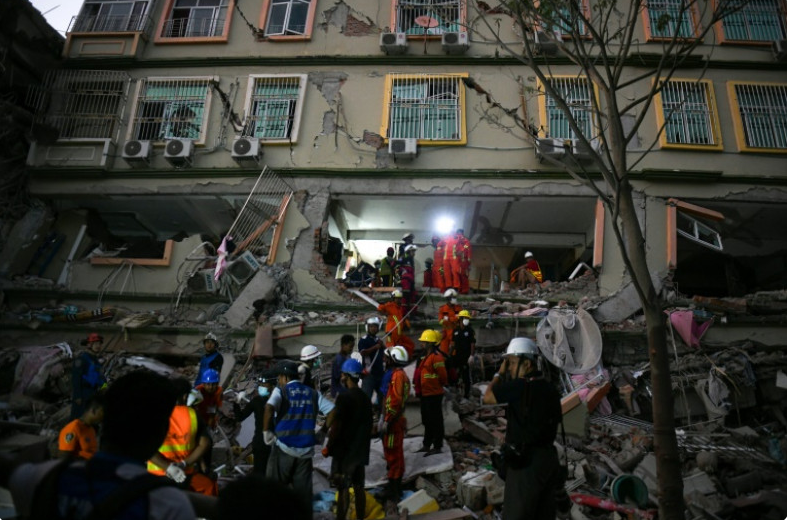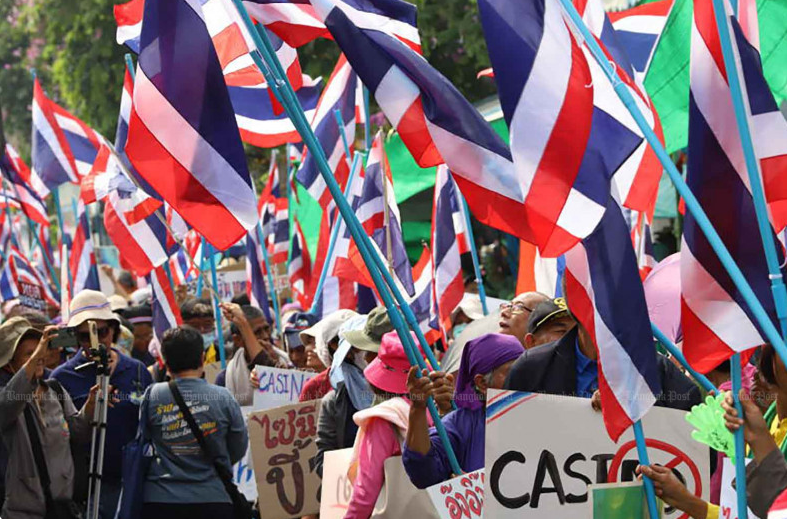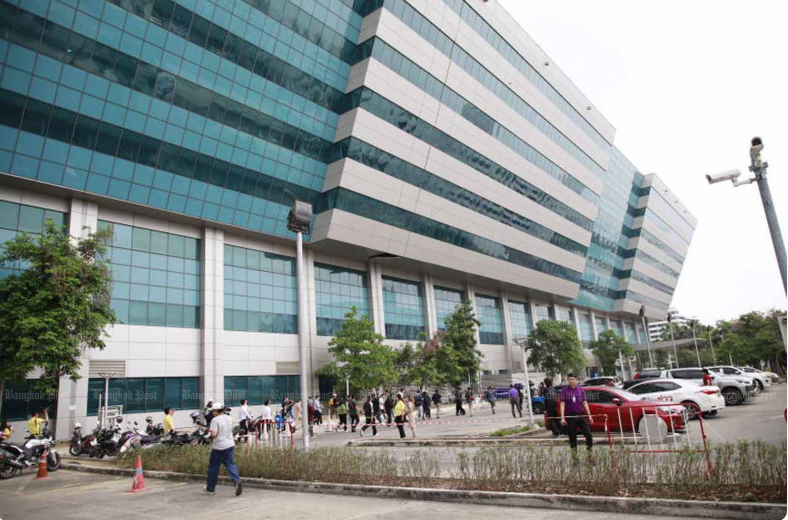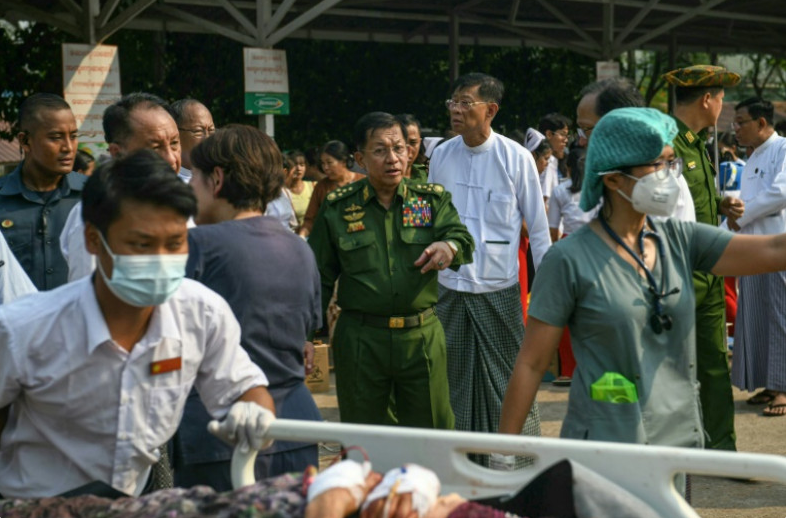Charter change looks like a lost cause
The charter amendment business is over the top and will start to fade from here, per one political analyst.
The ruling Pheu Thai Party and the main opposition People’s Party (PP) campaign to push for wholesale changes to the constitution had always been doomed to failure, starting with the decision by the Constitutional Court that multiple referendums would be required for a successful charter rewrite.
And that is where everything got very complex, the analyst said.
For one, a double majority rule — whereby a majority of voters must participate in the referendum (that is, over 50 percent of those eligible) and the majority of those who vote must approve it — applies for a referendum to pass.
The rule is a formidable barrier, however, and Pheu Thai and PP have in a relentless push sought to weaken it by seeking to replace it with a single majority requirement, which only needs a simple majority of voters for a referendum to pass.
However, moving to single majority would require updating the referendum law, which created another complicating factor as the Senate was steadfastly in danger of rejecting and ultimately supporting retaining the double majority, a position supported by Bhumjaithai, the coalition’s second-largest party.
A majority of senators — and Bhumjaithai — maintained that a careful and comprehensive process is appropriate for a fine-tuning of the charter, the supreme law of the land.
The dispute in parliament about how to pass a referendum on charter amendments has festered to the point that all possible channels for compromise have been exhausted, leaving parliament the option of only observing a mandatory 180-day “cooling off” period that began in December.
In the meantime, the matter is on the back burner. Once that period lapses, House proponents of the amendment, who comprise a majority, can handle fixing the double-majority rule however they please.
But the six-month suspension is already delaying the amendment schedule and has a direct knock-on impact on the charter rewrite process. This means charter change supporters have to face the fact that they won’t see a new constitution in this administration that runs until the middle of 2027.
The PP said it wanted to ensure a charter rewrite didn’t fall off the table before the next election, thus it pushed for fast-tracking a referendum law amendment.
PP list MP Parit Wacharasindhu met with Parliament President Wan Muhammad Noor Matha in November last year to ask about bringing forward the referendum process stipulated in the charter rewrite process so that before the next general election, the country will have a new charter written by a charter-drafting assembly (CDA).
To do so in time, said Mr Parit, the government will need to trim the number of charter referendums to two instead of three, as had initially been proposed.
But the claim that two would be enough has been denied by Nikorn Chamnong, secretary of the joint House-Senate committee handling the referendum bill.
Mr Nikorn cited a March 2021 Constitutional Court ruling that he said required the government to pass no less than three rounds before a wholesale charter rewrite could be conducted.
The meeting between Mr Wan and Mr Parit, who chairs the House committee on political development, mass communication and public participation, did not affect the court’s ruling, which applies more broadly, he added.
Now, Pheu Thai and PP have changed their tactics, pulling out all the stops and taking what, for now, amounts to a baby step towards charter overhaul through the rectification of Section 256 of the charter to make the foundation for setting a CDA.
Hence, a joint sitting was called on Feb 13 and 14, to get a constitutional alteration in Section 256 adopted, but, faced by opposition from a number of lawmakers, the sessions collapsed on both days because there was no quorum.
Bhumjaithai Party MP have since taken to the floor to say they will not countenance change, whilst Section 256 would violate the law if there was no prior referendum on the matter.
Creating a CDA literally rewrites the charter in its entirety, which, as the Constitutional Court’s ruling suggests, must undergo a referendum.
Still, given that the referendum law is far from being amended but instead lying in deep freeze, to attempt counting your chickens before they hatch would be reckless, the analyst said.
The analyst, Pramote, said Bhumjaithai, which is now considered the rising star by many voters in the conservative camp, has every reason to fear a legal backlash. Many legal experts have cautioned that pursuing a course to change Section 256 without a pre-emptive referendum would put at risk the parties that voted to do so.
It would amount to running afoul of the constitution, for which a party risks the ultimate penalty — dissolution.










